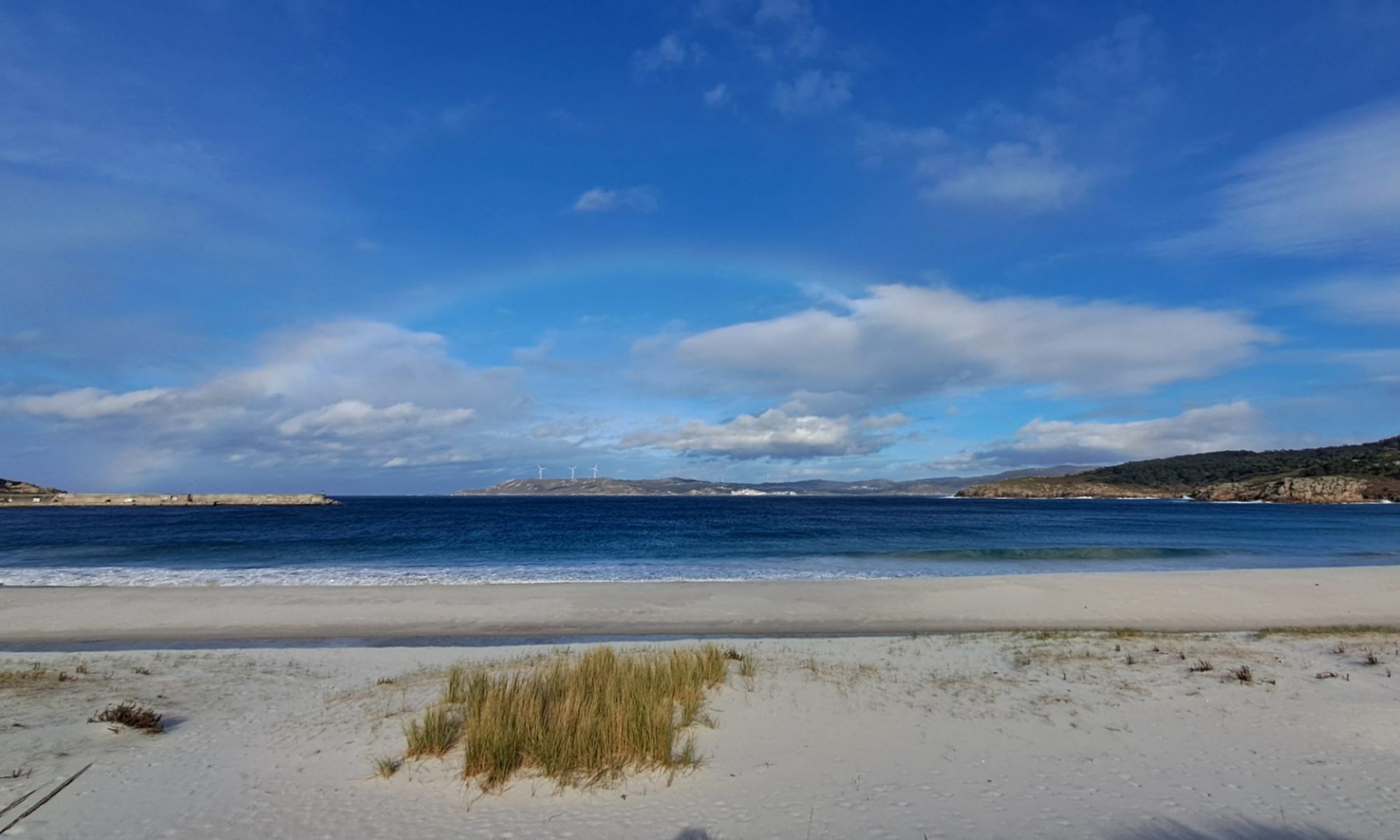Scotland genuinly has a history to be proud of. From a backwards nation it became a country which changed the world in many areas. First with free education and a legal system based on reason not precedent (as in England) it created thinkers who changed the world forever. The Scottish Enlightenment by Arthur Herman is what real history books should be like, not a list of Kings and Queens but of the people who moved the world forwards. The author is not Scottish as the incorrect numbering of monarchs and bad translation of Scots shows but this helps to ensure he is not biased towards national pride.
The two most important historial events which allowed for the enlightenment were the creation of the Kirk and the union with England. John Knox was a persuasive man who could revolutionise a country and bring the downfall of monarchs. The Church of Scotland he created was fundamentalist and unforgiving, unlike the Catholic church which required bibles to be in Latin in the Kirk everyone had to read the bible which was to be in modern languages. This required The Schools Act which created a school in every parish, free education to all gave Scotland the highest literary rate in the world. The Kirk was also democratic (unlike the Scottish Parliament) with elders and ministers appointed by the parishioners. People were hung for blaspheming but the strictness was eventually weakened by the education the church itself provided.
The Union with England was required because Scotland was broke after the Darien scheme. Scotland was already largly ruled by an essentially English king. Many members of the Scottish parliament received bribes to enact the Act of Union. One of the big turning points in the debates over the act came when the Kirk agreed to support the Union. This was unexpected because the Act of Union did not guarantee the independence of the Church of Scotland, however the moderator (and Principle of Edinburgh University) William Carstairs turned the general assembly arguing that if they did not agree to the Union Scotland could end up with a Catholic king. With the Kirk behind the Union the votes in the parliament for the act went through smoothly (they were deliberatly ordered with trade access to English markets and colonies first and more tricky subjects such as the joining of parliaments at the end). Rioters took to the streets causing the Lord Provost of Glasgow to flee and none of the pro-Union parliamentarians could go out without personal protection. When the act was due to be signed the parliament was besiged and the signers had to flee. Twice more they tried to sign it and were discovered by rioters. Eventually they met in a cellar opposite the Tron Kirk and sealed the end of an auld sang. The union caused the downfall of a lot of Scottish industry and a vote a few years afterwards to end it was defeated in the House of Lords by only 4 votes. Before long however the freedom given by a stable government which largly ignored Scotland together with a flourishing trade with the (now British) colonies from Glasgow gave Scotland a much needed economic boom.
to be continued….
